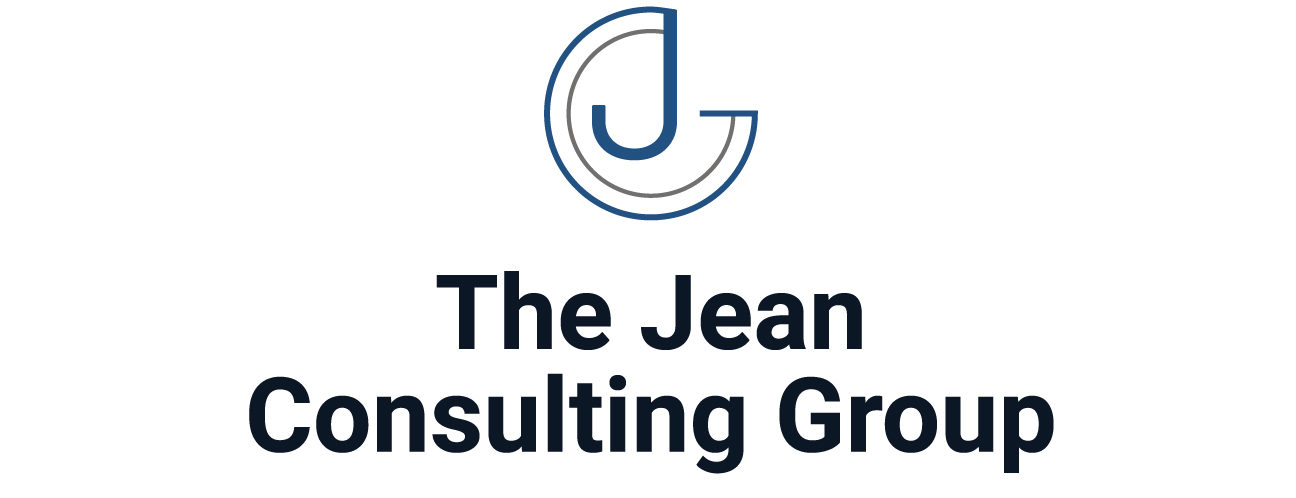Employee engagement is crucial for organizational success, driving productivity, retention, and overall performance. Performance & Recognition Programs are powerful tools for enhancing employee engagement by acknowledging and rewarding employees’ contributions, achievements, and behaviors aligned with organizational goals. This article explores effective employee engagement strategies through Performance & Recognition Programs, offering insights into creating a culture of appreciation, motivation, and excellence within the workplace.
Understanding Performance & Recognition Programs
Performance & Recognition Programs are initiatives designed to recognize and reward employees for their outstanding performance, contributions, and behaviors that support organizational objectives and values. These programs may include various components such as performance evaluations, incentives, awards, and public recognition ceremonies. By providing tangible rewards and acknowledgment, Performance & Recognition Programs motivate employees, reinforce desired behaviors, and foster a sense of accomplishment and pride in their work.
The Importance of Employee Engagement in Performance & Recognition
Employee engagement is closely linked to performance and recognition, as engaged employees are more likely to be motivated, committed, and aligned with organizational goals. Performance & Recognition Programs play a crucial role in driving engagement by reinforcing the connection between individual contributions and organizational success, promoting a culture of appreciation and accountability, and enhancing morale and job satisfaction. When employees feel valued and recognized for their efforts, they are more likely to be engaged, productive, and committed to delivering their best work.
Effective Employee Engagement Strategies through Performance & Recognition Programs
To maximize the impact of Performance & Recognition Programs on employee engagement, organizations can implement the following strategies:
- Align Recognition with Organizational Goals: Ensure that recognition programs are aligned with organizational goals, values, and priorities. Recognize behaviors and achievements that contribute to strategic objectives, such as innovation, customer satisfaction, teamwork, and leadership, to reinforce desired outcomes and behaviors.
- Provide Timely and Specific Feedback: Offer timely and specific feedback to employees on their performance, accomplishments, and areas for improvement. Recognize achievements promptly to reinforce positive behaviors and provide constructive feedback to support continuous growth and development.
- Offer a Variety of Recognition Methods: Provide a variety of recognition methods and incentives to appeal to different preferences and motivations. Offer tangible rewards such as bonuses, gifts, or vouchers, as well as non-monetary rewards such as public recognition, certificates, or opportunities for advancement or special projects.
- Involve Employees in Recognition Programs: Involve employees in the design and implementation of recognition programs to ensure they are meaningful and relevant to their needs and preferences. Solicit input from employees on the types of recognition they value most and how they prefer to be recognized, and incorporate their feedback into program planning and execution.
- Promote Peer-to-Peer Recognition: Encourage peer-to-peer recognition by providing opportunities for employees to acknowledge and appreciate each other’s contributions. Establish mechanisms for employees to nominate their colleagues for recognition and celebrate team achievements collaboratively.
- Highlight Success Stories: Share success stories and examples of outstanding performance and contributions with the entire organization to inspire and motivate employees. Use newsletters, intranet articles, or team meetings to showcase employee accomplishments and the positive impact of recognition programs on individual and organizational performance.
- Celebrate Milestones and Achievements: Celebrate milestones, anniversaries, and significant achievements with special events, ceremonies, or celebrations. Recognize long-service employees, top performers, and teams that have achieved exceptional results, reinforcing a culture of appreciation, loyalty, and pride in organizational accomplishments.
Conclusion
Performance & Recognition Programs are invaluable tools for enhancing employee engagement, motivation, and satisfaction within organizations. By acknowledging and rewarding employees’ contributions and achievements, these programs reinforce desired behaviors, promote a culture of appreciation and accountability, and foster a sense of pride and belonging among employees. Investing in Performance & Recognition Programs not only enhances individual and team performance but also strengthens organizational culture, morale, and retention. By prioritizing employee recognition and appreciation as integral components of organizational strategy, organizations can create a workplace where employees feel valued, motivated, and empowered to achieve their full potential.




